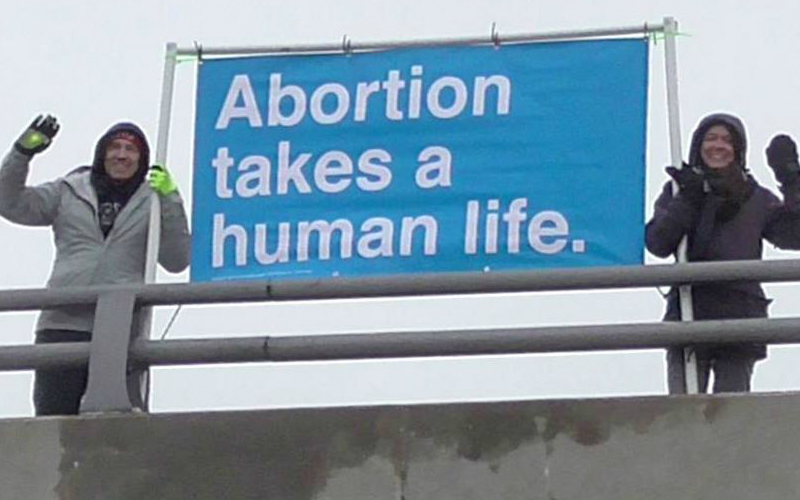Soon after the U.S. Supreme Court overturned Roe v. Wade, Indiana moved forward with legislation that banned most abortions. That led to several lawsuits, one of which resulted in the Indiana Supreme Court ruling the near-ban constitutional.
In another ongoing case, plaintiffs claim the decision to end a baby's life is a religious freedom issue.

"It's already been at the trial court level; now it's moved to the court of appeals … but the bottom line is that the Indiana Court of Appeals is now allowing this suit to move forward," says Mike Fichter, president and CEO of Indiana Right to Life. "This threatens the Indiana law that has now dropped abortions to the lowest level in five decades in our state from well over 800 abortions a month to around 12 per month."
Before the law took effect in August 2023, abortion was legal in the state up to 22 weeks.
It is anyone's guess when this case will be resolved, as the court of appeals has remanded it back to the trial court to ask for a more limited injunction.
Indiana Right to Life suggests state Attorney General Todd Rokita (R) should appeal directly to the Indiana Supreme Court "instead of fooling around with taking this back to the trial court level," says Fichter.
"If this suit succeeds, it will completely undermine the new law and will be just devastating to unborn children," he adds.
The plaintiffs include five anonymous residents and an organization that calls itself Hoosier Jews for Choice.
Addressing a common practice
In Kansas, the state legislature has passed HB 2436 to deal with people who pressure or use violence to convince a pregnant woman or girl to have an abortion.
Jeanne Gawdun, senior lobbyist for Kansans for Life, provides some examples to show that this kind of thing happens all too often.

"Maybe she's got a college scholarship or she's an athlete, and there is some type of threat to take away her scholarship," Gawdun poses. "It could be someone who has a particular job, career and someone is saying, 'Hey, if you don't have an abortion, you may be losing your career; you may be losing your employment.'"
The measure is also a safeguard for a girl or woman who is victimized by sex abuse or human trafficking. Violators will be fined or sentenced to jail time depending on the seriousness of the coercion.
"If there is an underlying person's felony, that is an underlying crime such as kidnapping a woman to coerce her to have an abortion, any types of acts of violence, there's batteries -- those types of things, then the level of the penalty increases," Gawdun details.
As there is no statute otherwise to give legal recourse to women coerced or forced into an abortion, Kansans for Life hopes Governor Laura Kelly (D) will see the need for the measure and sign it into law.














